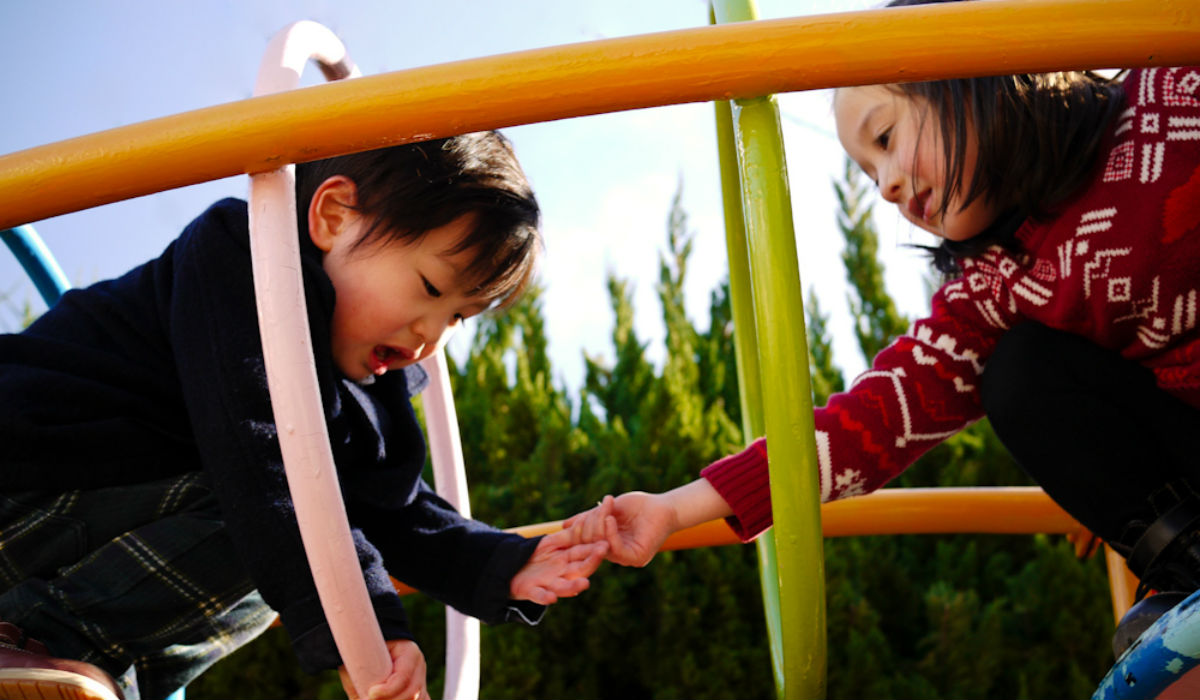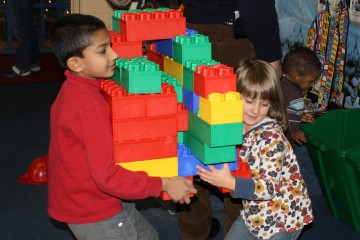What is Social and Emotional Learning?

Social Emotional Learning, or SEL, is the process of acquiring the competencies to recognize and manage emotions, develop caring and concern for others, establish relationships, make responsible decisions, and handle challenging situations effectively. In short, SEL competencies comprise the foundational skills for positive health practices, engaged citizenship, and school success (CASEL, 2013).
Recent research has determined that effective SEL in schools significantly improves students’ social-emotional skills, attitudes about self and others, and social interactions. In addition, SEL decreases students’ levels of emotional distress and conduct problems, and is associated with significant improvements in students’ academic achievement test scores.
“Social and emotional learning (SEL) involves the processes through which children and adults acquire and effectively apply the knowledge, attitudes, and skills necessary to understand and manage emotions, set and achieve positive goals, feel and show empathy for others, establish and maintain positive relationships, and make responsible decisions.”
(CASEL, 2013)
The Collaborative for Academic, Social and Emotional Learning (CASEL) has outlined 5 core competencies for social and emotional learning including:
Self-Management: the ability to effectively control and appropriately express one’s emotions and behaviours, and develop and maintain goals for success in work and school.

Self-Awareness: the ability to accurately identify one’s own feelings, beliefs, thoughts, values, strengths and weaknesses.
Responsible Decision-Making: the ability to think before acting and make good decisions based on one’s values, social/cultural norms, and concern for the well-being of individuals and society as a whole.
Relationship Skills: the ability to develop and maintain healthy relationships, and communicate and collaborate with others effectively.
Social Awareness: the ability to perspective-take and express empathy, identify and appreciate diversity, and utilize resources at the family, school, and community level.
SEL has become a framework to help connect the puzzle pieces of a wide variety of school-based programs. Schools often attempt to implement too many programs at once, with limited consistency and limited success. SEL provides a guiding framework for schools – by helping them clarify overarching goals and select individual SEL programs and strategies that allow them to reach those goals.